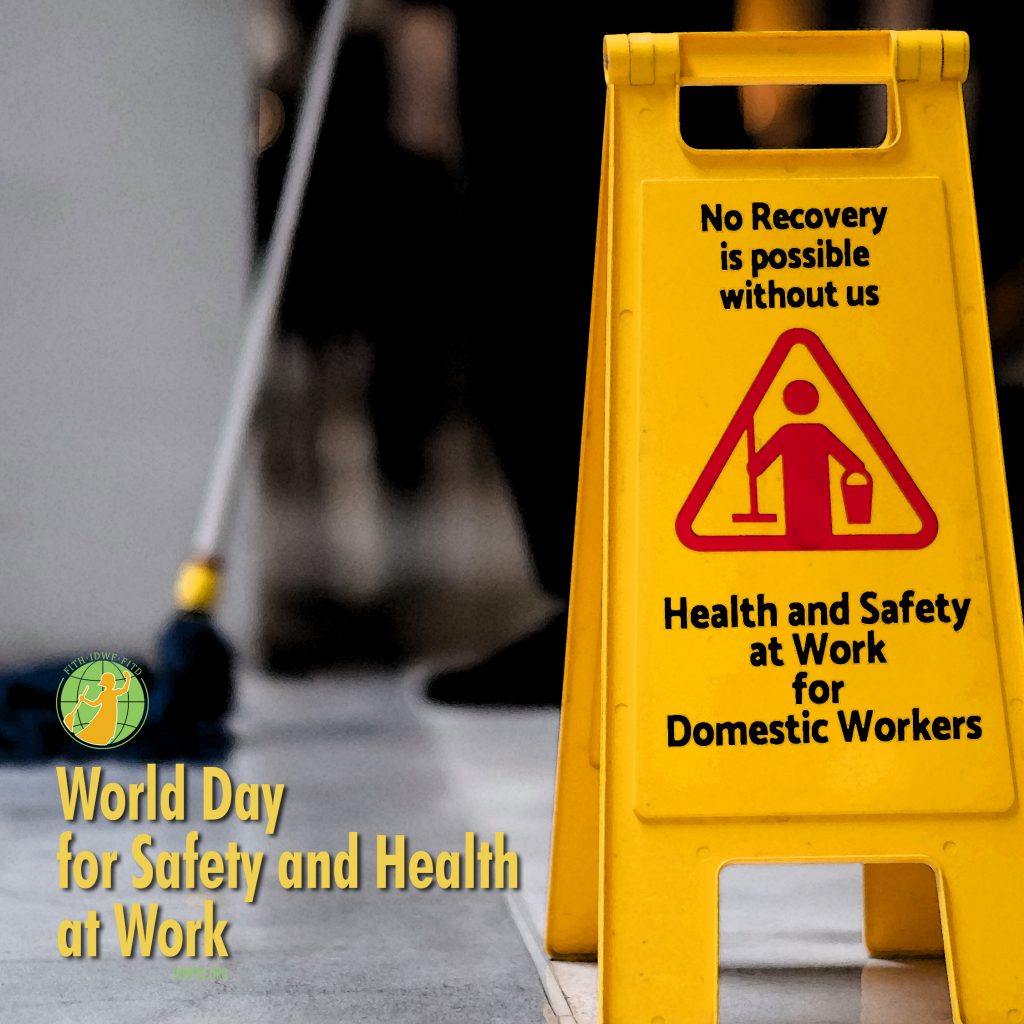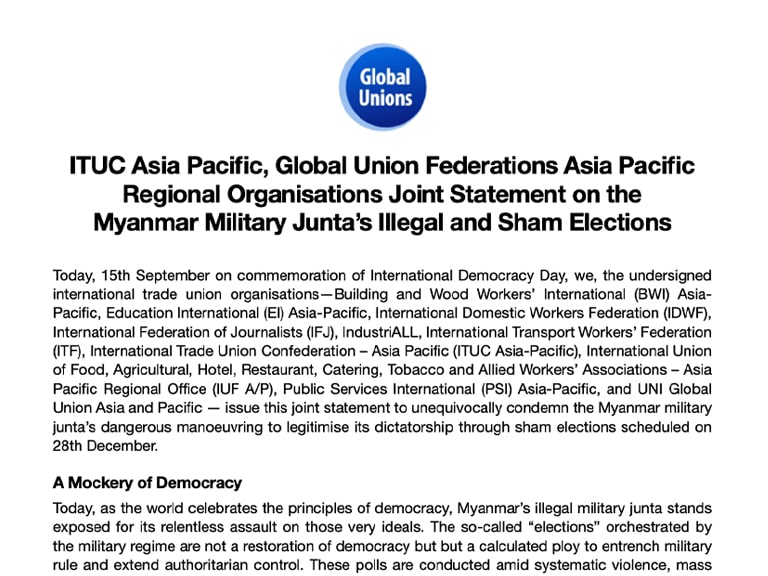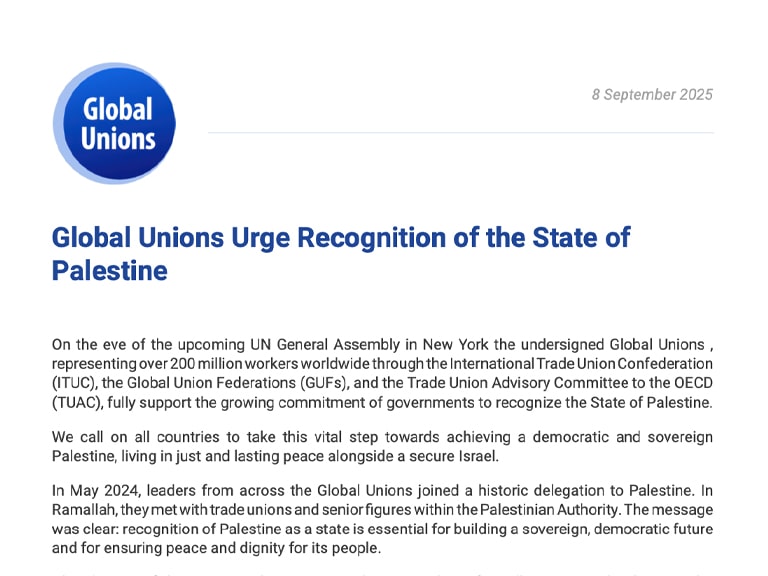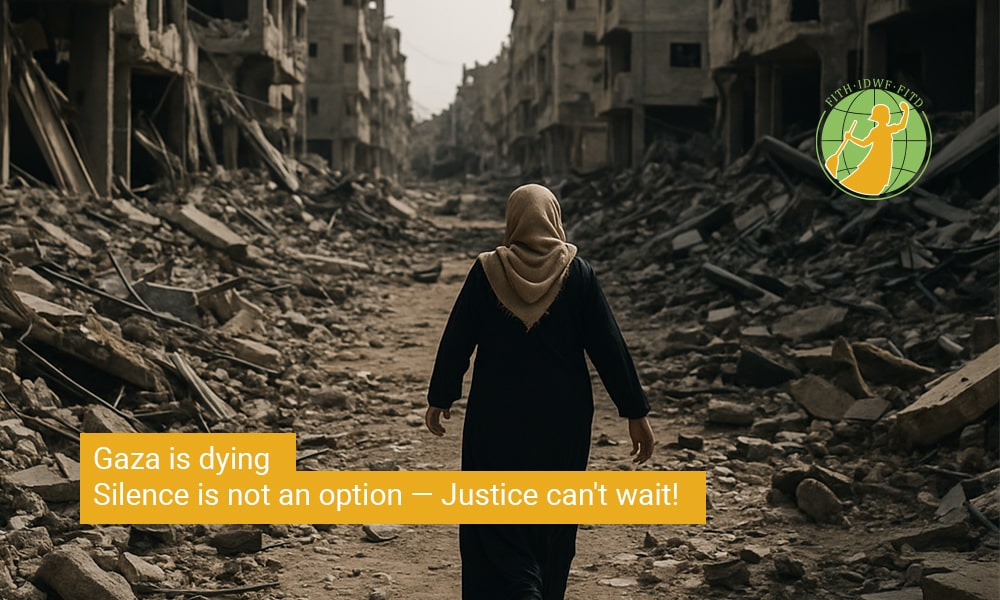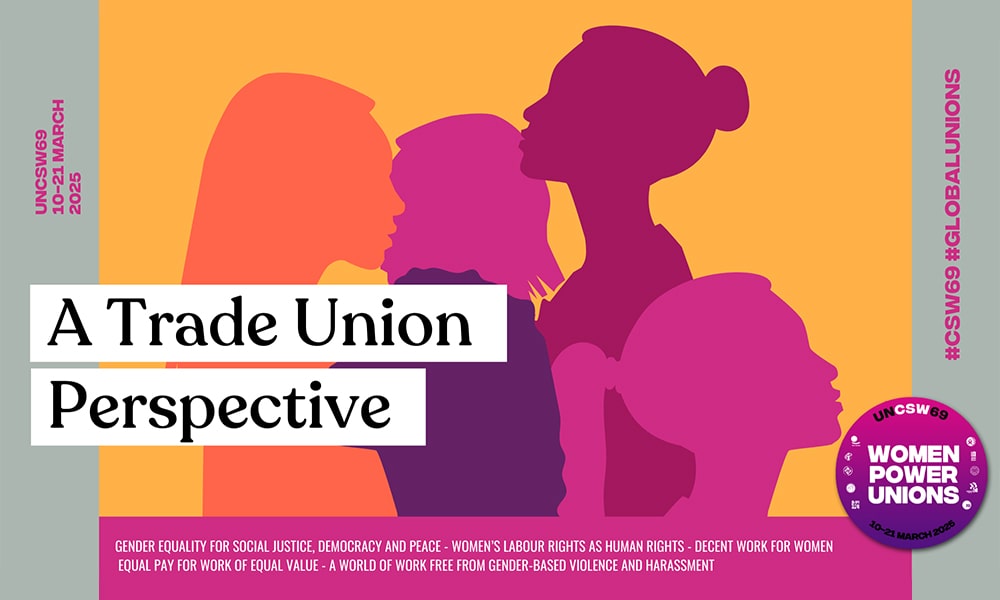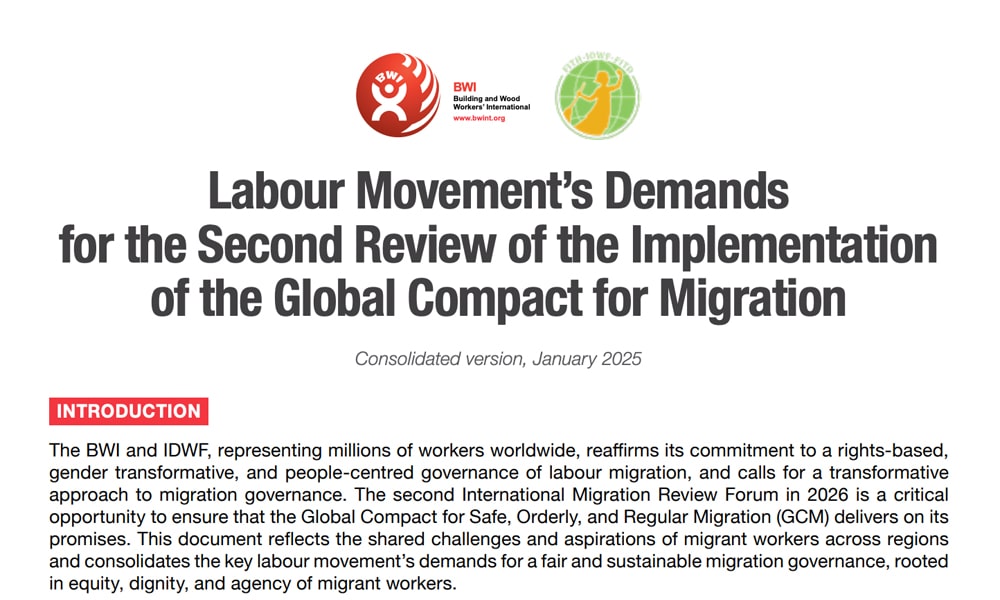There is no safe way to emerge from this pandemic without the insurance of health and safety at work for domestic workers.
Details
One year has elapsed since the pandemic took the world by surprise dispossessing many vulnerable groups that have been historically calling for safety, access, and a dignified life, but we still need to remind governments that rights need to be indivisible and undeniable. One year has elapsed since the spread of COVID-19 and yet it remains an emergency and a public health threat until vaccination reaches everyone, starting from frontline workers.
A year ago, the International Domestic Workers Federation (IDWF) published a policy brief, calling on governments, employers, and institutions to attend to the needs of domestic workers worldwide. Those needs have been, yet again, predominantly sidelined. A few examples of good governance do exist: In Argentina, the government declared domestic workers as essential workers thus prompting employers to observe the occupational health and safety protocol upon domestic workers returning to their jobs. In Qatar and Kuwait, migrant domestic workers are provided with free medical protection when infected. In Malaysia, as recently as last week, the government announced that Operational Health and Safety (OHS) provisions will include all domestic workers, local and migrants alike. However, these good practices are only exceptions to the rule of exclusion.
As the virus continues to pose threats to the human fabric of our societies, with its various mutations, and the inaccessibility of relief and protection, domestic workers remain disproportionately susceptible to the economic and health consequences of the pandemic. Due to histories of colonialism, global inequality, uneven development, and the unrecognition of domestic workers as workers in many locations around the globe, domestic workers are at risk of vaccine preventable diseases. Many are living with chronic and preventable illnesses, many are performing their jobs with Personal Protective Equipment (PPE) while directly caring for COVID-19 positive employers, many are experiencing an increase in racial discrimination and treated as vectors of the virus. For many, the impact of COVID-19 could be lethal.
This is particularly true where social distancing is neither a viable nor a realistic option. In areas with large population density, such as slums, townships, small rooms rented by domestic workers together, rooms with poor ventilation, a conversation around self-isolating is not possible. The chances of COVID-19 spreading within the zones of confinement grows and targets those economically impoverished. The cost of the pandemic is most clearly paid by those who do not have access to proper quarantining measures, means of sustenance, and safe housing. Given the meager salaries and decreasing access to livelihoods, a choice between a meal and a mask might arise. COVID-19 remains unrecognized as an occupational disease in many contexts and the health of domestic workers remains deprioritized when hospitals are at full capacity and access to healthcare and medication has deteriorated for many.
The IDWF therefore demands:
- The consideration of COVID-19 as an occupational, with the insurance of paid sick leaves for domestic workers.
- The inclusion of domestic workers in the coverage of occupational health and safety laws, provisions, and protocol.
- The prioritization of domestic workers in vaccination plans: for vaccines to be available, accessible, and free.
- The ratification and implementation of ILO Conventions C189 and C190.
There is no safe way to emerge from this pandemic without the insurance of health and safety at work for domestic workers.
#CareForThoseWhoCareForYou
